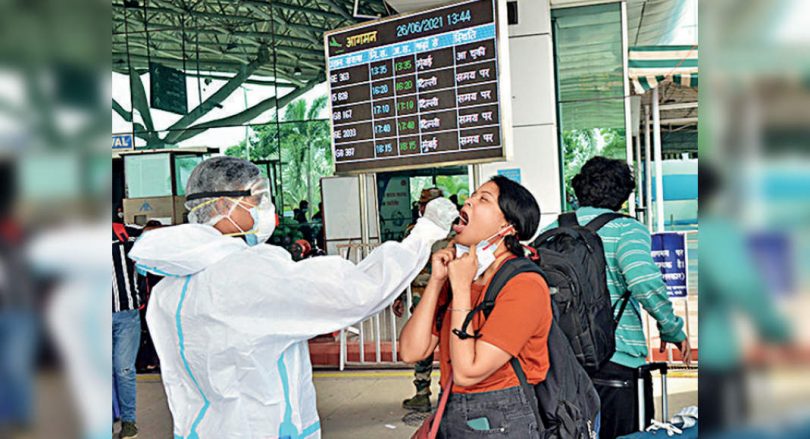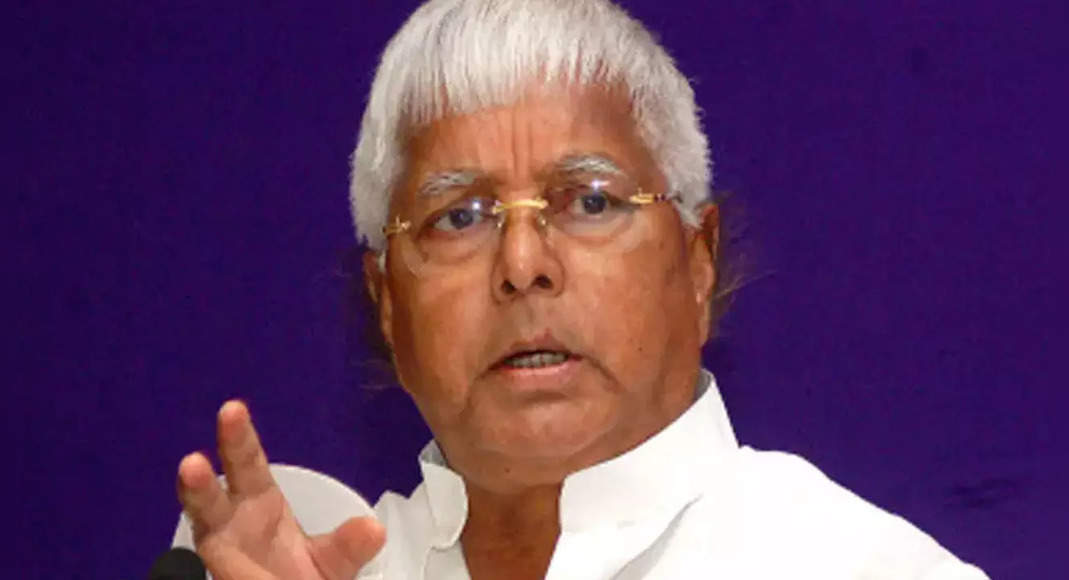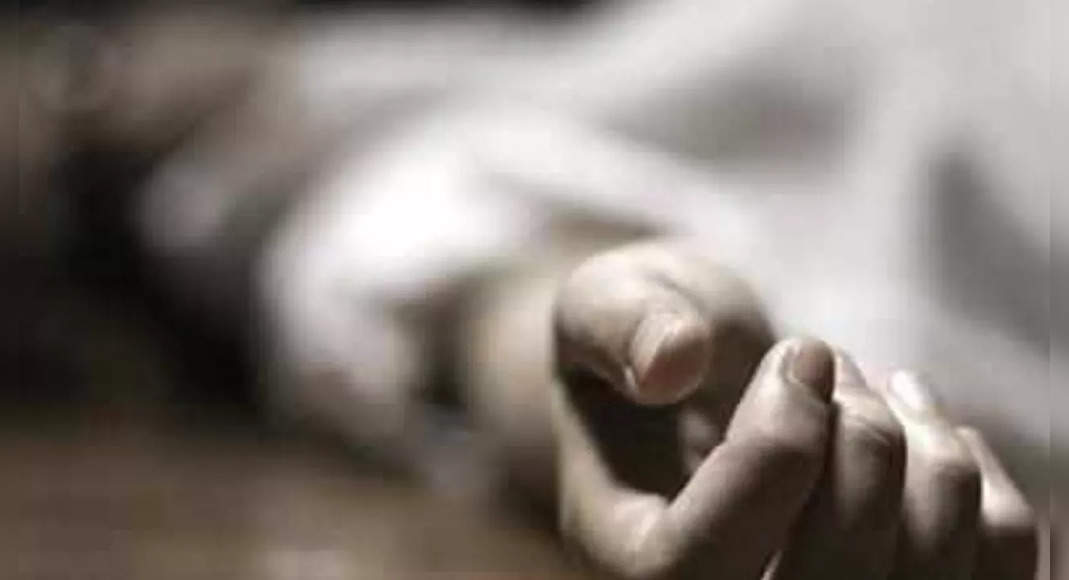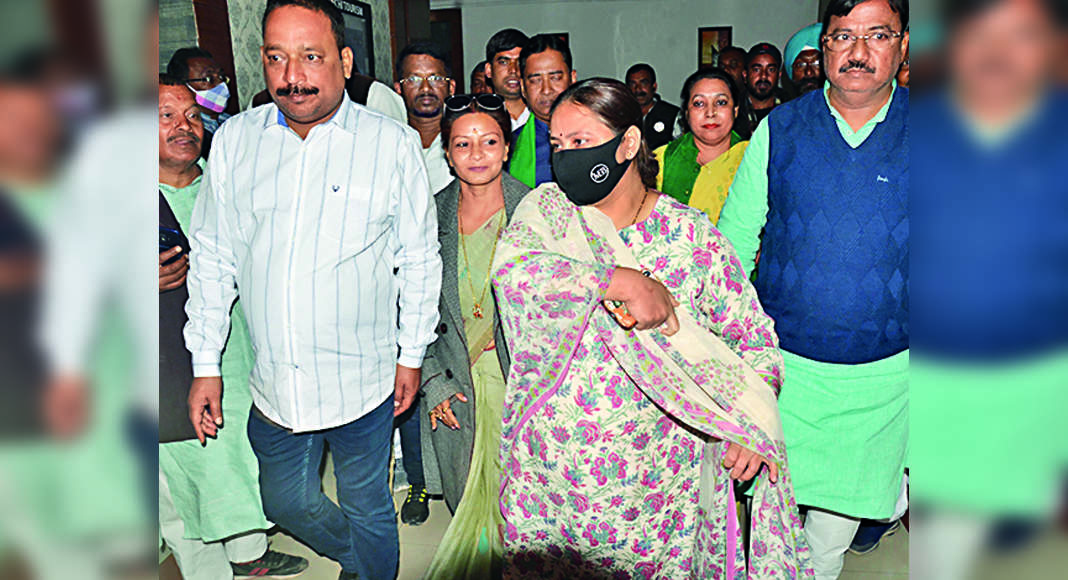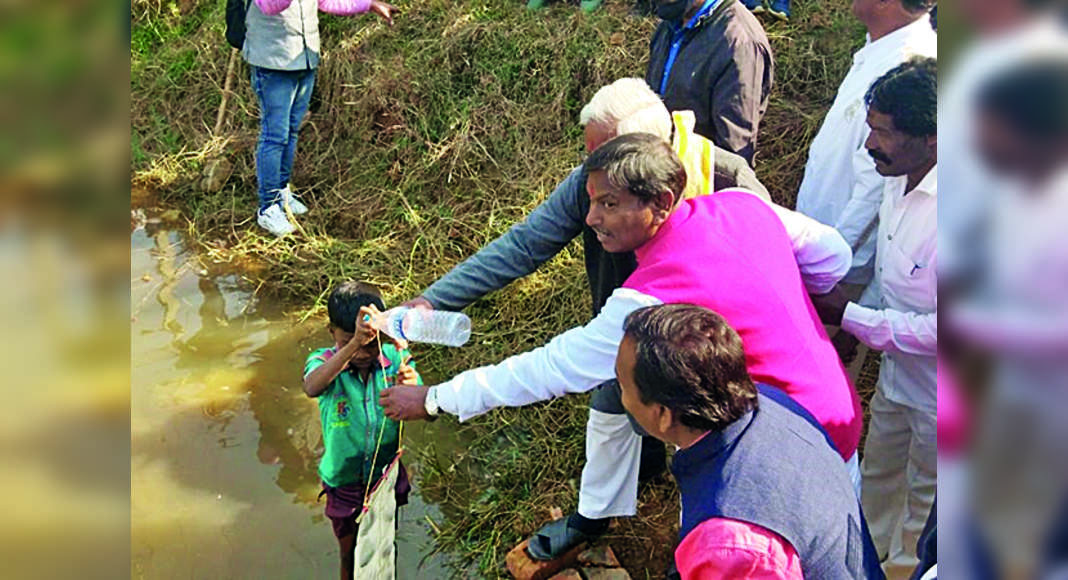RANCHI: Jharkhand imposed the third edition of the 38-hour complete lockdown from Saturday evening as part of its ongoing health safety week (partial lockdown) but is battling a dilemma on whether to go for further unlock or impose extra curbs in the coming weeks.
The current phase of the weekly lockdown ends on July 1 and the government was planning further relaxation but with the emergence of the Delta-plus variant of the Covid-19 virus in some states of the country, it has to be vigilant.
The second wave of the pandemic crossed its peak in the state in May and since then the number of new cases daily has been reducing.
Currently, Jharkhand has about 1,100 active cases but with the declining number of new cases and fatalities, over 90% of the 10,000 Covid beds are empty.
However, with the Delta-plus variant being reported from a few states, including Maharashtra from where Jharkhand receives inbound travellers, the state government is now on tenterhooks.
Health minister Banna Gupta said they are adopting a measured approach rather than rushing things despite demands for further unlock from different quarters.
He said, “Learning from the previous two waves, the state government is taking a very cautious approach this time.
Compared to April and May, we have less number of cases and have almost defeated the second wave so far, but complacency will prove fatal.” Gupta further said, “As far as lockdown is concerned, we are on a wait-and-watch mode to see how things are evolving.” Justifying the extension of the weekly lockdown till July without any changes in the relaxation norms, he said, “The focus of the government is managing lives and livelihood, hence, all establishments including commercial and markets are allowed to open only till 4 pm but we will not be complacent.
All prevailing restrictions and relaxations will continue till further review.” The state government is also aggressively working on augmenting the medical infrastructure in anticipation of the predicted third wave in the next couple of months.
It has already doubled its daily vaccination target to 2.5 lakh to immunize maximum people.
Currently, educational institutes, inter and intra-state bus movements, parks/recreation centres, social and religious gatherings are either completely closed or banned while marriages and funerals can only have a limited number of attendees.
In recent weeks, the state unlocked malls, salons and a few other sectors.
Sources in the state disaster management department said the government is likely to use the current period till July 1 to assess how things pan out.
“With unlocking starting in many states, movement of people, including migrants, have intensified.
Intra-district movement, too, is unaffected.
During this period, the government will analyse the trend of the Covid graph,” a disaster management official said.
“Meanwhile, the focus is on increasing the vaccination rate provided the government gets an uninterrupted supply of stocks.
All officials manning transit points have been directed to intensify testing,” the official said, adding that the key lies in following Covid appropriate behaviour and proper implementation of rules at the government level.
Health experts are also of the view that restrictions should continue as far as possible.
Dr Pradeep Bhattacharjee, head of the critical care at Rims and member of the state Covid task force, said, “The nature of the Covid virus is getting stranger every day.
Hence, we should learn from countries that crossed the 2nd wave, lifted all relaxation but came under a severe third wave.
For example, South Africa is seeing lethal third wave.” He also pointed out the recent study by IIT which indicated that the third wave in the country by mid-July and will peak in August.
“But the study also stressed that the impact will be less only if we restrain ourselves.
Considering these inputs, the government shouldn’t even think of a total unlock and must effectively regulate clusters where chances of assembly of people are more through testing and tracing,” Dr Bhattacharjee added.

